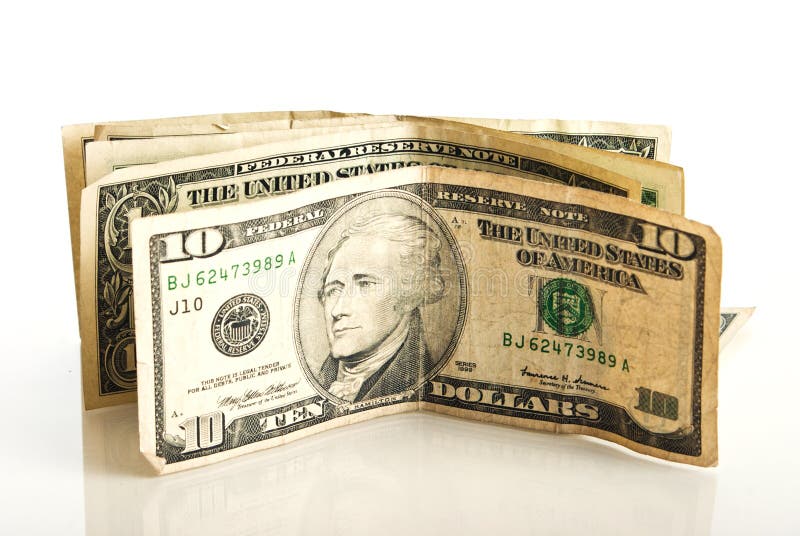

Landlords sometimes provide a “tenant improvement allowance” to offset some of these costs. For example, you may need to change the size of the kitchen or add a bar. Unlike a residential lease where tenants are expected to leave the space as they found it, it’s not uncommon to invest money into remodeling your commercial space when you rent.
#LITTLE MONEYMONEY LICENSE#
And if you plan to play music in your dining room, you may need to license it through a performing rights organization. You may also have permitting fees, like those for a business license, remodel, food manager permit, and/or liquor license. To ensure you’re getting all the paperwork right, you’ll probably need a lawyer to review lease agreements, purchase documents, and contracts. And ghost kitchens and catering companies usually lease their cooking spaces as well. While food trucks are more often owned outright, some owners may lease an additional commercial kitchen space to have more room for prep. This can require a security deposit, as well as monthly rent. Most brick-and-mortar restaurant owners lease rather than buy their real estate to save on up-front costs. Prices will vary dramatically based on the size of the restaurant, your location, and the current real estate market. Whatever type of food service operation you plan to open, you’ll need a space to house it in. Here are some of the biggest expenses you may face. Knowing what goes into these costs can help you plan your budget, and decide where to splurge and where you can economize. If you’d rather forego the above options and start a restaurant, begin by becoming familiar with startup costs.

Costs To Expect When Starting a Restaurant You can expect low startup costs – somewhere between $10,000 and $50,000. This can make it another economical option. With home-based catering, you may be able to cook out of your home, although it’s more likely that you’ll run the business side out of your home and do the cooking from a commercial kitchen space. Startup costs for a ghost kitchen are estimated to range between $10,000 and $50,000, and in some cities, local providers offer options below $10,000. Some rentals even include kitchen equipment, like ovens and refrigerators. You’ll be leasing your kitchen space, but there’s no dining room or bar to pay for. This can be one of the most affordable ways to start a restaurant. Food is delivered to customers through third-party delivery apps like Uber Eats or GrubHub. ‘Well, maybe I CAN have my own restaurant and do what I really want to do to make money and do what I love.’”*Ĭhef Christopher Diehl, Escoffier Chef Instructor Start a Ghost Kitchen or Ghost RestaurantĪ ghost kitchen or ghost restaurant operates out of a rented commercial kitchen space. It opens up more for them on the other side. “Students start to see that what they thought was impossible is possible. The operating costs will be lower, too, since you can use a tablet-based point of sale system (POS), and you’ll have much lower utilities and staff costs. If you buy a used truck and/or used equipment, you may be able to reduce your startup costs even further.
#LITTLE MONEYMONEY SOFTWARE#
According to restaurant Point of Sale software company ToastTab, starting a food truck can cost between $75,000 and $250,000. You’ll have to purchase your truck, outfit it with the necessary equipment, and acquire all the necessary permits. Starting a food truck is still a significant investment of both money and time. A number that size may stop you right in your tracks!īefore we discuss funding options, let’s first consider some lower-cost food businesses that may be more financially accessible. One survey showed that the median cost of starting a full-service restaurant is $375,000.

#LITTLE MONEYMONEY HOW TO#
In this article, you’ll learn all about how to start a restaurant, including some low-cost business options, what costs you may be facing, and where you can look for restaurant funding. With a little digging, you can find quite a few resources out there that can allow you to secure funding for your new business. Where can you get tens of thousands or hundreds of thousands of dollars for leasing and remodeling a space, purchasing kitchen equipment, hiring staff, and more?īefore you throw in the towel on your restaurant dreams, take note of the creative options. However, there’s one thing standing in the way of your restaurant dreams: finances. You have the culinary passion, the knowledge, the hustle, and even the business skills it takes to open a restaurant.


 0 kommentar(er)
0 kommentar(er)
